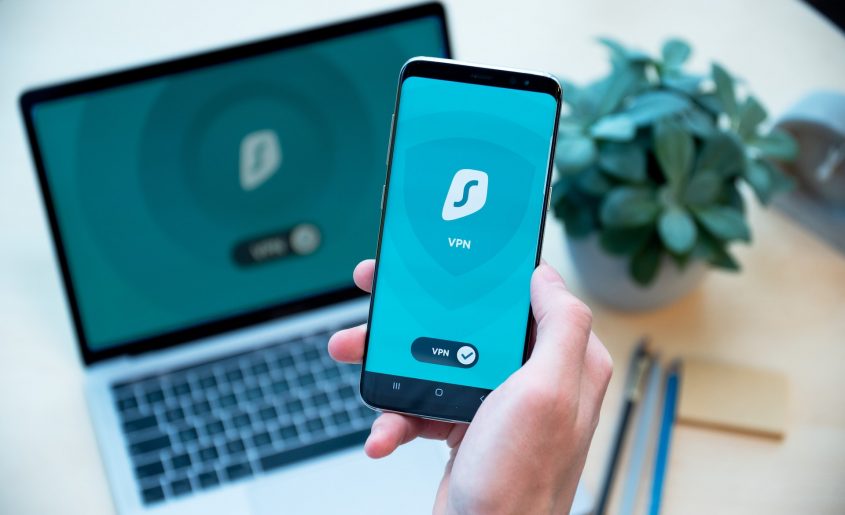Introduction
In an era where digital security and privacy are of paramount importance, Virtual Private Networks (VPNs) have become a crucial tool for personal internet use and businesses. A VPN is a service that creates a secure, encrypted connection over a less secure network, such as the internet. This essay delves into the various purposes and benefits of using a VPN, highlighting its significance in the modern digital landscape.
Enhancing Online Privacy
Shielding Personal Information
One of the primary purposes of a VPN is to protect users’ personal information. When you browse the internet without a VPN, your data, including browsing history and IP address, can be accessed by internet service providers (ISPs), hackers, and government agencies. A VPN encrypts your data, making it difficult for these entities to track or intercept your online activities. Find the VPN that meets your needs with Cyber Security Guru.
Anonymity on the Internet
VPNs provide anonymity by masking your IP address. This makes it challenging for websites, advertisers, and cybercriminals to track your online movements or determine your physical location. Anonymity is particularly important for journalists, activists, and others who might be targeted for their online activities.
Securing Data Transmission
Encryption of Data
VPNs encrypt data transmitted over the internet, ensuring that sensitive information such as passwords and financial information are secure from cyber threats. This encryption is crucial when using public Wi-Fi networks, which are often unsecured and vulnerable to eavesdropping.
Safe Remote Access
For businesses, VPNs are essential for creating a secure connection for remote employees accessing the company’s internal network. This secure connection is vital for protecting sensitive corporate data and maintaining the integrity of internal communications.
Circumventing Geo-Restrictions and Censorship
Accessing Geo-Blocked Content
VPNs allow users to bypass geographical restrictions imposed by content providers. By connecting to a server in a different country, users can access websites, streaming services, and online content that may be restricted in their country.
Overcoming Censorship
In countries where internet censorship is prevalent, VPNs provide access to blocked websites and platforms. This is particularly important for accessing unbiased news, social media, and other forms of communication government firewalls might restrict that.
Enhancing Online Experience
Reducing Bandwidth Throttling
ISPs sometimes throttle bandwidth, slowing down your internet speed, especially during high-usage periods or when using certain services like streaming. A VPN can prevent ISPs from detecting your activity type, thereby reducing the chances of throttling and ensuring consistent internet speed.
Improving Gaming Experience
Gamers use VPNs to reduce lag and ping times by connecting to servers closer to the gaming server. Additionally, VPNs can help in accessing games available in other countries and protect against DDoS attacks.
Business and Enterprise Use
Secure Communication
For enterprises, VPNs are essential for ensuring secure communication between employees, especially those working remotely. VPNs protect sensitive corporate information from potential breaches by encrypting the data transmitted across networks.
Network Scalability
VPNs allow businesses to scale their network securely as they grow. With a VPN, companies can easily add new users or offices to their network without compromising on security.
Challenges and Considerations
VPN Trustworthiness
Not all VPNs are created equal. The trustworthiness of a VPN provider is crucial, as they have access to your data. Users must choose providers that have a strong privacy policy and a good reputation for security.
Legal and Ethical Use
While VPNs are legal in most countries, their use might be restricted or regulated in some regions. Users should be aware of some implications that can arise when using a VPN in their country and use it ethically.
Performance Impact
Using a VPN can sometimes impact internet speed due to encryption and the distance of the server. Users should consider this trade-off between security and performance when choosing a VPN service.
Conclusion
The purpose of a VPN extends beyond just securing internet connections; it is a multifaceted tool that enhances online privacy, security, and freedom. In a world where digital threats are increasingly common, and internet freedom is under threat in many regions, VPNs offer a vital means of protecting personal and business data. Whether it’s for bypassing censorship, securing data, or simply ensuring online anonymity, VPNs have become an indispensable tool in the digital age.

Alden Picarella writes about rehabilitation, second chances, and support systems that help individuals rebuild their lives.

